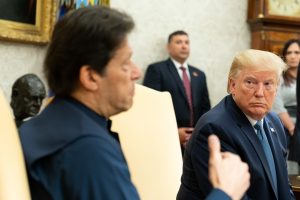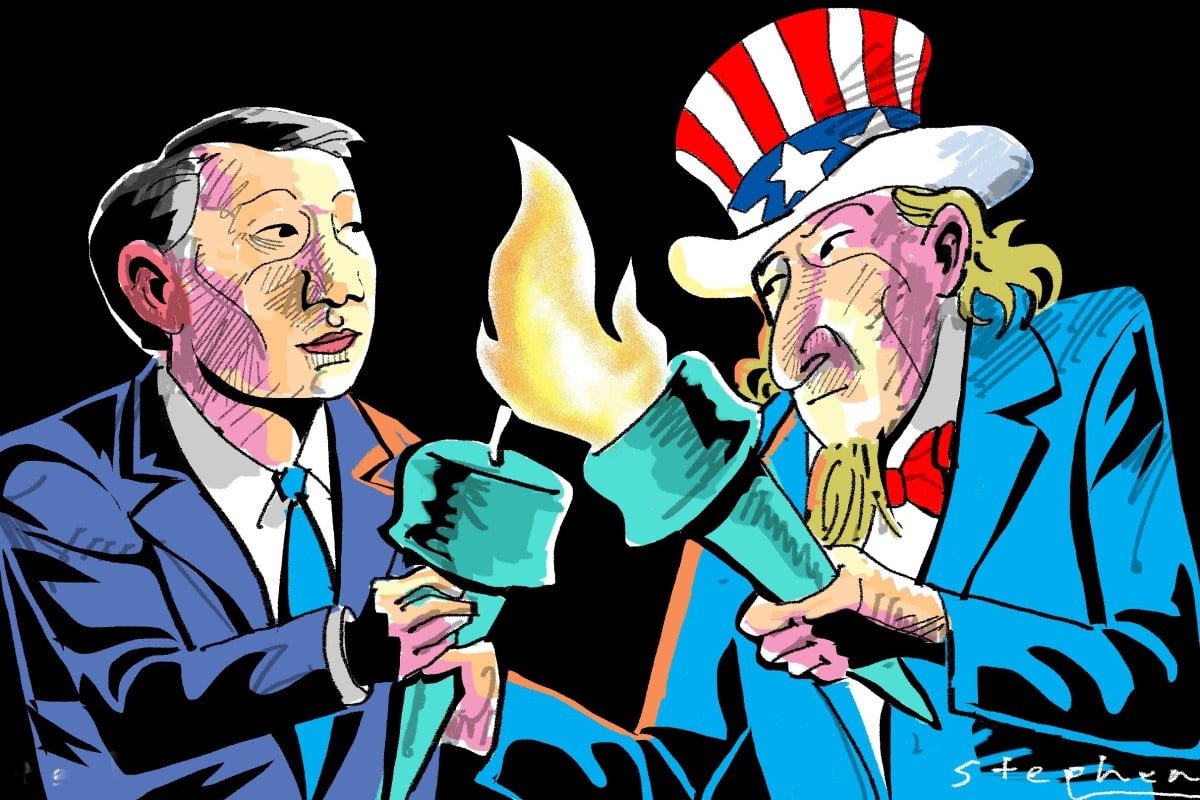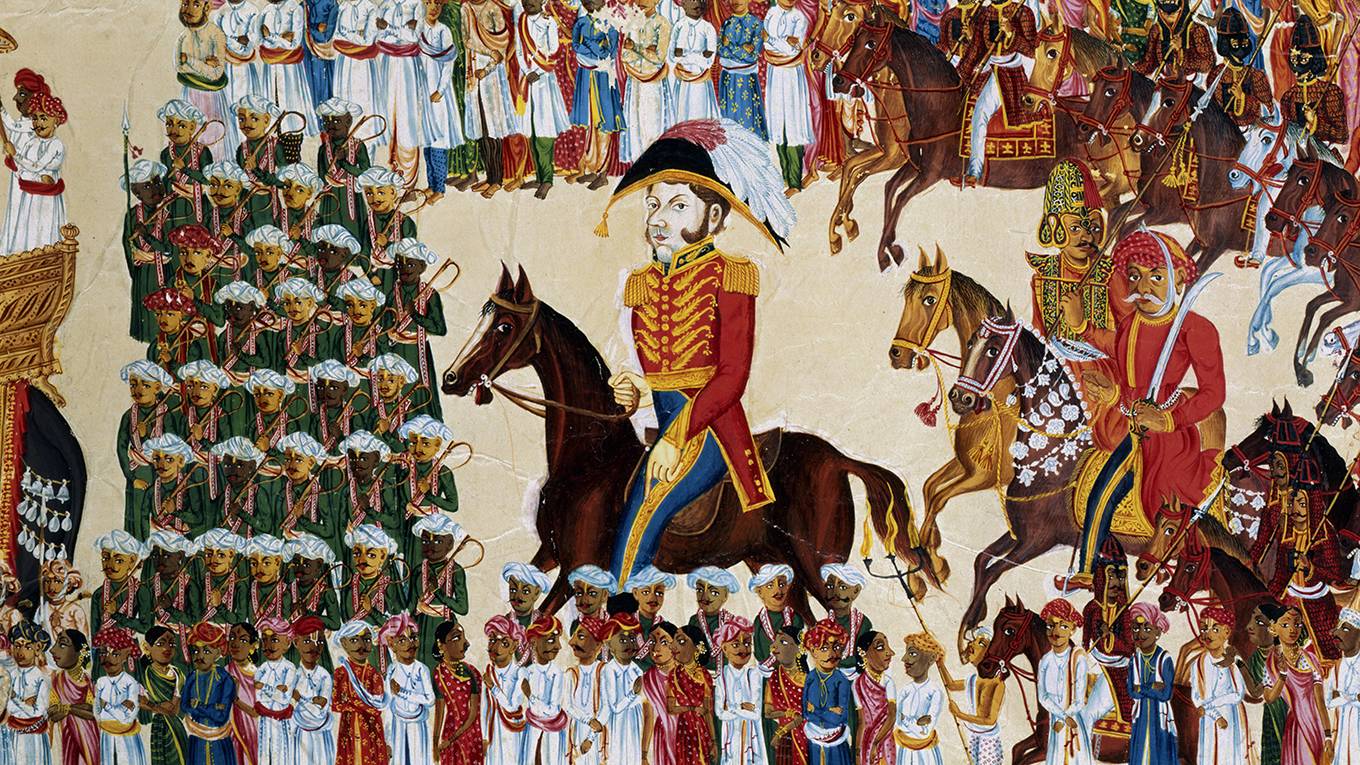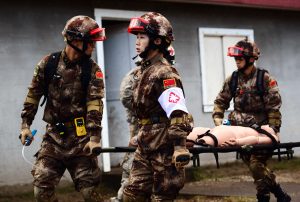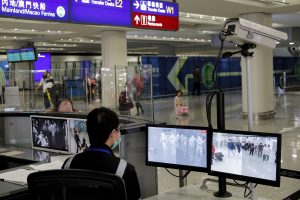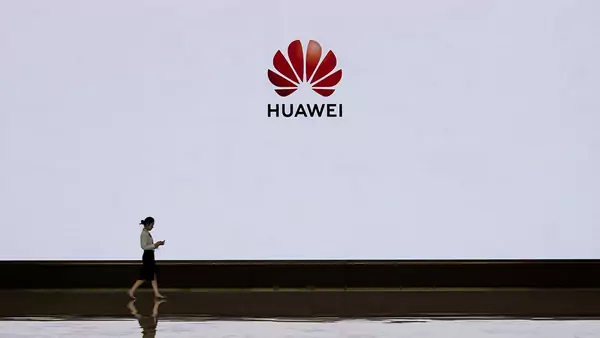US President Trump’s first visit to India on February 25, 2020 is highly significant geopolitically when churning global politics presents unpredictable power templates and challenging strategic uncertainties to both the United States and India too, mainly generated by China not emerging as a responsible stakeholder in Indo Pacific security.
Initially it needs to be recorded that in terms of overall perspectives on President Trump’s visit to India the emphasis or significant take-ways would be more geopolitical, strategic and military –all aimed at further reinforcing the US-India Strategic Partnership. Trade issues will figure prominently but can expectedly not subsume the geopolitical and military determinants that presently define the relationship between the United States and India.
India stands geopolitically acknowledged as a Major Power by US President Trump in that his India visit is a ‘Stand Alone’ visit to India exclusively and not clubbed with Pakistan as in past US presidential visits. It reflects the value that the United States places on India’s geopolitical significance in the global power calculus and the significance of the US-India Strategic Partnership, with special reference to Indo Pacific security. It also needs to be read tangentially that the United States concedes that India is the Regional Power in South Asia dispensing with past US policy formulations of balancing India by strategic use of Pakistan.
